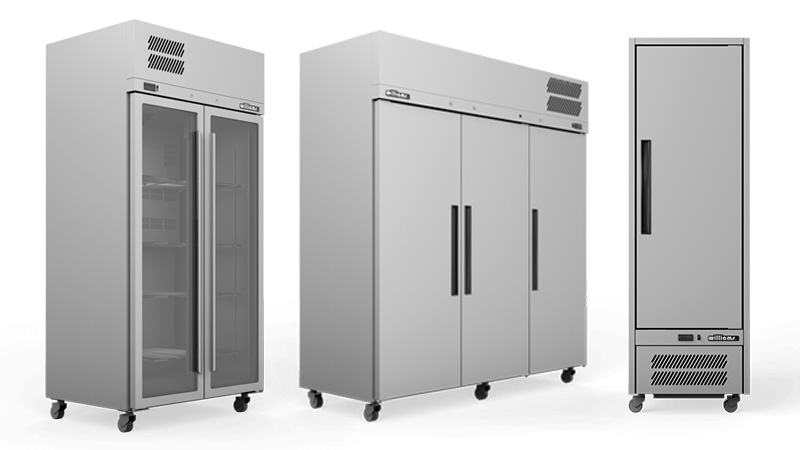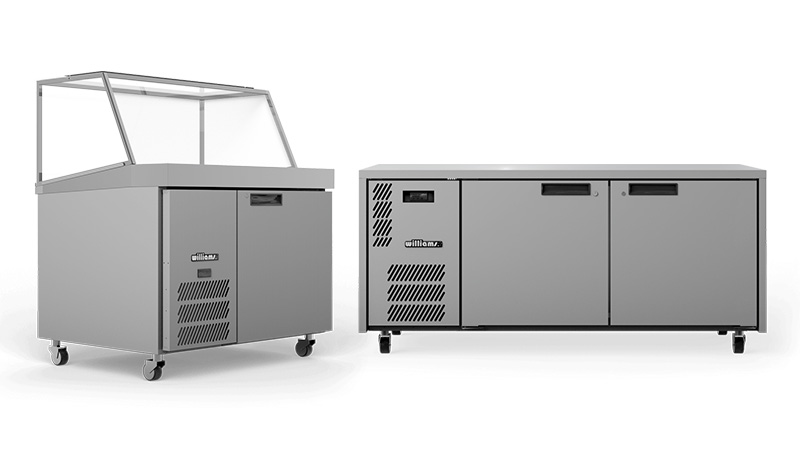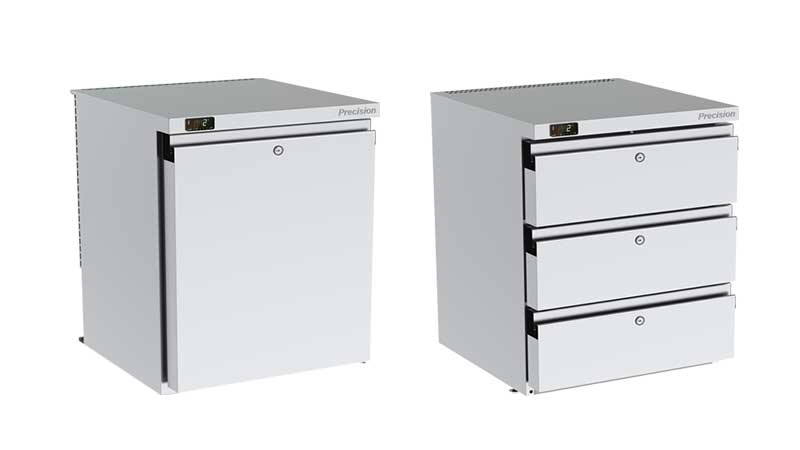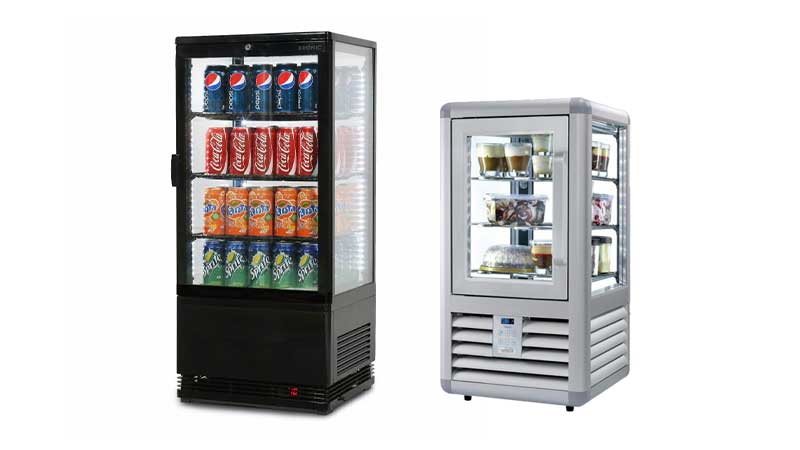Commercial Fridge Buying Guide
A Short Guide To Help You Make A More Informed Decision
Why Commercial Refrigeration?
For most businesses, the purchase of a commercial refrigerator is a significant one. Although something often taken for granted, your businesses’ refrigerators play an integral and direct role in food safety, storage, and waste prevention.
Compared to domestic models, fridges in a commercial environment can take a real beating. Often packed to the brim, and opened countless times a day, a commercial fridge needs additional features that your ‘garden variety’ domestic fridge may lack - including a speedy chill recovery rate and fan assistance to maintain that optimal safe temperature.
There’s a lot to consider! We’ve put together a list of key considerations as well as a glossary of some common types of commercial fridges to help you make the right decision.
Key Considerations:
Size - The fridge you choose should fit all your stock on your busiest day, but ideally won’t inhibit your space or chew up too much power.
Doors - Self-closing will help to keep your energy costs down. Consider the layout of your space, and whether the doors will inhibit easy movement.
Access - How often will the fridge doors be opened? Ten times an hour, more? If your business demands a high level of access, a more powerful model will be required to maintain safe food temperatures
Energy - Dependent on the style of fridge you choose, and the temperature range of the room the fridge operates in
Rating (tropical) Unfortunately for some kitchen staff, the temperature of your kitchen may be uncomfortable in warmer weather. If you find the celsius regularly hitting 32 degrees or above, a high tropical rating will help to protect the contents of your fridge.
Automatic Defrosting - On the other end of the scale, automatic defrosting is a necessary feature to prevent wasted time and effort. This kicks in automatically to neutralise the temperature when the fridge cools to excess.







